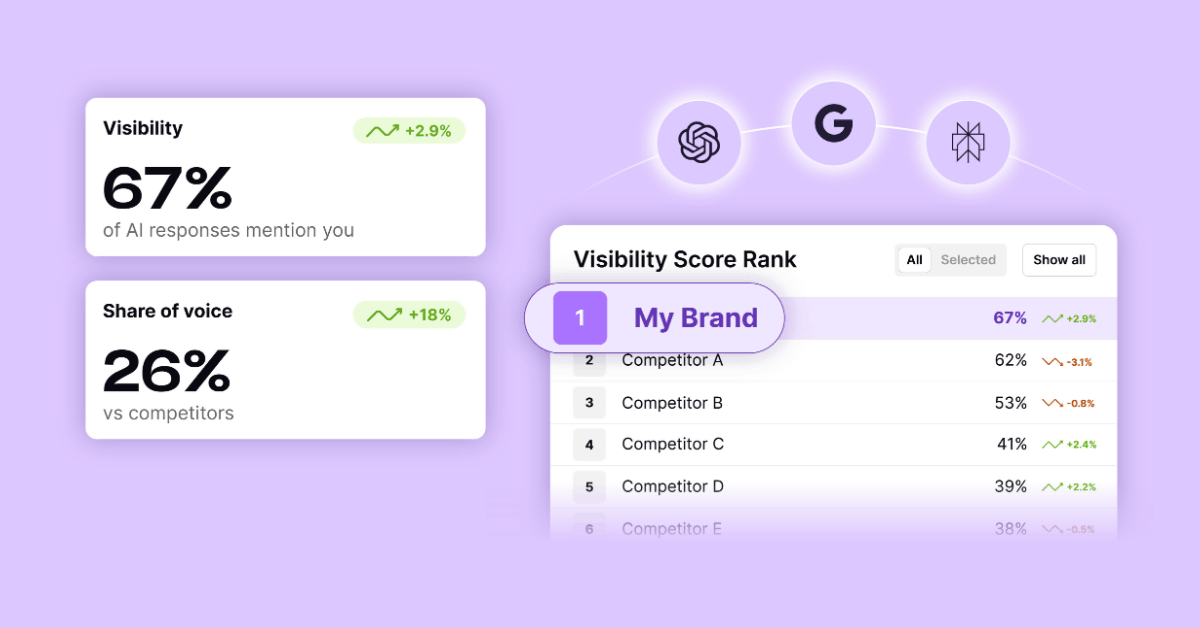
Generative AI and Large Language Models (LLMs) continue to disrupt the search landscape. As both established players and new entrants promise consumers greater personalization, convenience and dynamic engagement, the appetite for innovation is palpable.
Organic search, a cornerstone of the internet, is experiencing a revival driven by this demand. But underlying the changing experience remains deeper needs. Identifying these needs lets us understand what makes search unique as a channel as well as prepare for the brave new world that's rapidly unfolding.
Finding True North: Search's Path to Trust
Only marketers think of search as a "channel", and then only when they're doing marketing. For everyone else, it's a window on our world, accessed instinctively countless times each day.
Organic search honors the founding promise of the internet. Connecting users with relevant answers without the influence of paid placement, it encourages truthfulness and nurtures trust like no other channel.
Intention, not attention, is the currency of organic search interaction. It was never a destination in itself, and, unlike social media, offered little incentive to dwell or endlessly scroll. Its function was to take you rapidly somewhere else. Which is why it remained transactional for so long.
Preserving authenticity through Personalization
In the age of AI-enabled search, the truth, trust, and authenticity unique to organic search can persist and even thrive.
For users, convenience and personalization are the rewards of truthfulness and zero-party data consent. In exchange for freely given trust, users are promised rapid and personalized answers they can act on immediately.
For brands, this promises far greater understanding of individual consumers than social algorithms or cookies ever afforded. It will create a deeper bond between users and the AI-interface. Ultimately, it will realize the individualized relationships that brands have so often promised but never yet delivered.
Changing the conversation
Organic search was always a form of conversation. User intent informed content and keyword strategies that enhanced visibility over time. Historically, this content was pre-written and static, shaped to anticipate user intent through insights that were already legacy at the point of publication. But as the internet evolves from a library to index and consult, to an active mind to interact with, this conversation becomes dynamic, real-time and literalized through AI.
And so, traditional static content becomes responsive, shaped by user questions and insights. Large Language Models revolutionize content by making it adaptive and interactive, providing a glimpse of the future where blogs and descriptions respond organically to user engagement.
Preparing for the future
Although we are only on the cusp of this transformation, brands can take steps now to prepare for the conversational future of content. Auditing content for opportunities for dynamic product descriptions and embracing customer insights for content optimization can make meaningful progress today.
Integrating AI-assisted solutions for optimization can facilitate the shift toward dynamic content creation, infusing customer insights directly and dynamically into essential SEO tasks. The dynamic feedback loop between customer and content, enabled by AI, heralds the future of AI-enabled content optimization.
Embracing transformation
Generative AI creates a new importance and experience of organic search interaction. By embracing the conversational nature of this transformation, brands can prepare for a future where dynamic content resonates with users in real time.
As AI-driven optimization becomes a reality, the conversation between technology and content has already begun, and with it, a new era in search.

.svg)



.svg)


.svg)
.svg)

